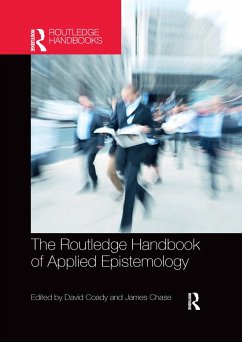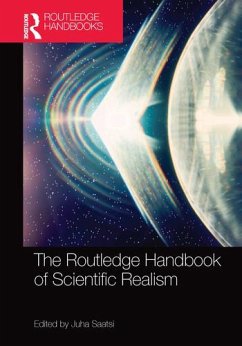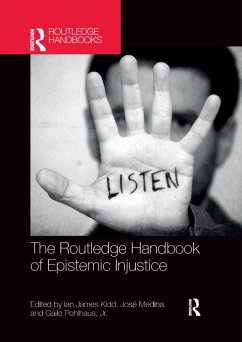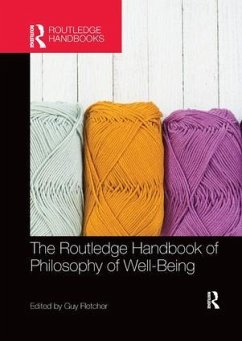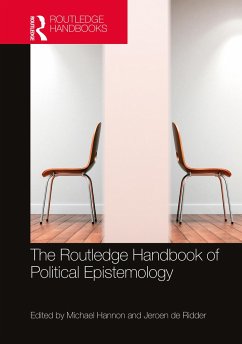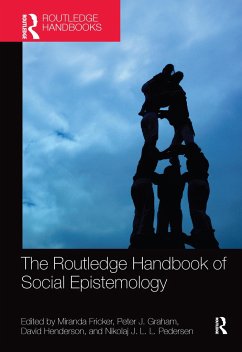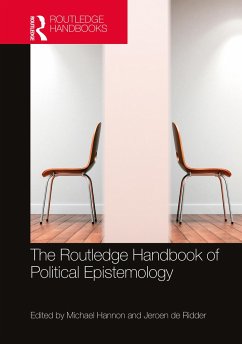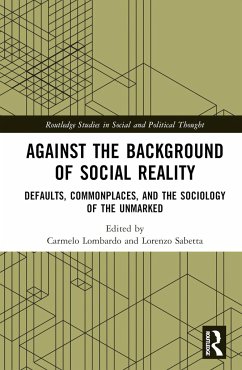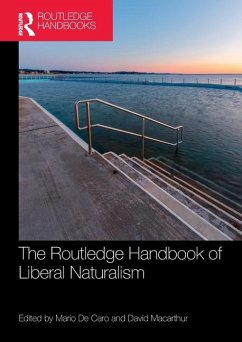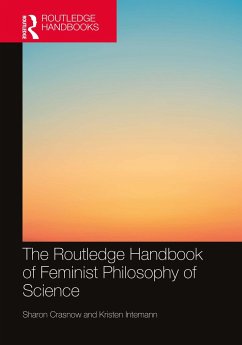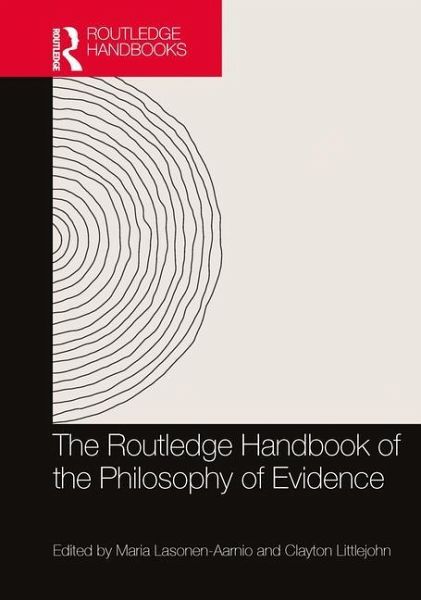
The Routledge Handbook of the Philosophy of Evidence
Versandkostenfrei!
Versandfertig in 6-10 Tagen
235,99 €
inkl. MwSt.
Weitere Ausgaben:

PAYBACK Punkte
118 °P sammeln!
What one can know depends on one's evidence. Good scientific theories are supported by evidence. Our experiences provide us with evidence. Any sort of inquiry involves the seeking of evidence. It is irrational to believe contrary to your evidence. For these reasons and more, evidence is one of the most fundamental notions in the field of epistemology and is emerging as a crucial topic across academic disciplines.The Routledge Handbook of the Philosophy of Evidence is an outstanding reference source to the key topics, problems, and debates in this exciting subject and is the first major volume ...
What one can know depends on one's evidence. Good scientific theories are supported by evidence. Our experiences provide us with evidence. Any sort of inquiry involves the seeking of evidence. It is irrational to believe contrary to your evidence. For these reasons and more, evidence is one of the most fundamental notions in the field of epistemology and is emerging as a crucial topic across academic disciplines.
The Routledge Handbook of the Philosophy of Evidence is an outstanding reference source to the key topics, problems, and debates in this exciting subject and is the first major volume of its kind. Comprising forty chapters by an international team of contributors the handbook is divided into six clear parts:
The Nature of EvidenceEvidence and ProbabilityThe Social Epistemology of EvidenceSources of EvidenceEvidence and JustificationEvidence in the Disciplines
The Routledge Handbook of the Philosophy of Evidence is essential reading for students and researchers in philosophy of science and epistemology, and will also be of interest to those in related disciplines across the humanities and social sciences, such as law, religion, and history.
The Routledge Handbook of the Philosophy of Evidence is an outstanding reference source to the key topics, problems, and debates in this exciting subject and is the first major volume of its kind. Comprising forty chapters by an international team of contributors the handbook is divided into six clear parts:
The Nature of EvidenceEvidence and ProbabilityThe Social Epistemology of EvidenceSources of EvidenceEvidence and JustificationEvidence in the Disciplines
The Routledge Handbook of the Philosophy of Evidence is essential reading for students and researchers in philosophy of science and epistemology, and will also be of interest to those in related disciplines across the humanities and social sciences, such as law, religion, and history.





